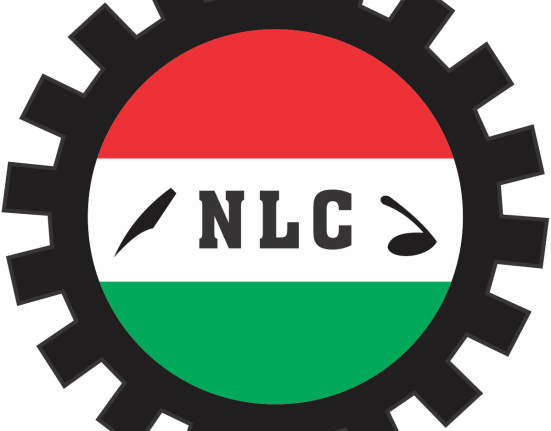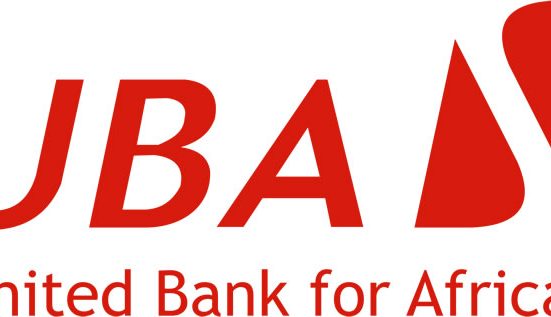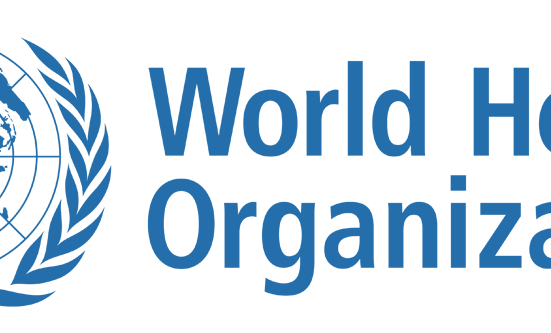A respected Muslim organisation has called on clerics and faith leaders across Nigeria to take urgent action in galvanising humanitarian support for Gaza. At a press briefing in Lagos, the group emphasised that religious institutions—including mosques, madrassas, and Islamic associations—must lead the charge in rallying Nigerians to send relief materials, coordinate donations, and raise awareness of the unfolding crisis.
The speakers highlighted disturbing statistics: more than 60,000 Palestinians have so far lost their lives since October 2023, while over 146,000 have been injured, many buried under rubble or displaced by relentless airstrikes and ground bombardments. They noted that severe shortages of food, clean water, fuel, and medicine have plunged Gaza into a humanitarian abyss, with famine-like conditions now a grim reality
Citing recent violations at aid distribution centres, the group drew attention to reports that at least 18 Palestinians were killed by Israeli fire while seeking food near Gaza Humanitarian Foundation (GHF) sites, and over 850 have perished at such locations since May when GHF took over major aid logistics
They warned that aid deliveries remain insufficient and chaotic: even after nearly 1,600 aid trucks entered Gaza following policy shifts in late July, many were looted or diverted, often before reaching those in need, while fuel shortages cripple vital medical facilities
In response, the Muslim body urged religious leaders nationwide to mobilise support through interfaith sermons, community fundraisers, zakat drives, and partnerships with reputable NGOs. They stressed that this appeal transcends sectarian boundaries and is anchored in Islamic teachings of compassion and humanitarian duty. Muslims are called upon to pray for peace in Gaza and to actively engage in campaigns that demand open humanitarian corridors, sustained ceasefires, and adherence to international humanitarian law.
The group also appealed to the Nigerian government and diplomatic missions to intensify pressure on global actors to negotiate lasting ceasefire terms, ensure unhindered aid access, and back reconstruction efforts led by international bodies such as the Organisation of Islamic Cooperation (OIC) and Arab League, both of which have endorsed reconstruction plans and oppose forced displacement of Palestinians
According to MPAC and its supporting organisations, Nigerians must recognise the crisis not merely as a regional or religious issue, but as a pressing humanitarian emergency that calls for collective conscience and decisive action







